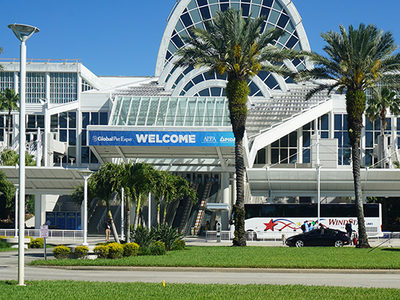SAN DIEGO — Over recent months, The Honest Kitchen has been transparent about supply chain challenges and how those challenges have impacted the prices of its products. The company posted two updates to its blog addressing these issues, one in December 2021 and another in February 2022, both authored by Founder and Chief Integrity Officer Lucy Postins.
In December, the human-grade pet food company shared it would be increasing prices, effective Jan. 3, to mitigate rising costs for ingredients, packaging, labor and transportation. According to the post, The Honest Kitchen has absorbed these rising costs in full over the last 18 months. Now, price hikes have “become unavoidable.”
“We’ve been hit hardest by the rising prices of human grade beef, chicken, turkey, fish, grains, and quinoa,” Postins wrote. “Combined with a challenging labor market, cost increases on numerous packaging components, and higher transportation and fuel prices for inbound ingredients and finished goods – the cost to make our products has increased from all angles.”
The company provided another update in February, which addressed “significant inventory challenges” causing out-of-stocks in both brick-and-mortar retail and e-commerce channels. The company again cited its commitment to human-grade, high-quality ingredients for this disruption.
“The shortages are caused by a ‘perfect storm’ of unprecedented demand, raw ingredient delays, labor shortages in the supply chain, and transportation challenges that are outside our direct control,” Postins wrote.
In good timing, the company recently cut the ribbon at its new production facility near Topeka, Kan., which was first announced in March 2021. The 100,000-square-foot facility is expected to double the company’s capacity for its Whole Food Clusters and other dehydrated products.
“This new facility, once combined with our manufacturing operation on the West Coast, will represent a huge step forward in increasing our overall manufacturing capacity for Whole Food Clusters,” said Nate Kredich, chief operating officer of The Honest Kitchen, at the time of the new facility announcement.
Postins added the company expects to see continued improvements over the coming months as its new facility begins production.
“The Honest Kitchen is dedicated to getting inventory back to optimal levels as soon as possible,” commented Nate Kredich, chief operating officer of The Honest Kitchen. “Like many brands, we experienced product shortages, due to both supply chain disruptions as well as increased demand in 2021. We’ve increased the production capacity of both our best-selling product lines, dehydrated and Whole Food Clusters, and our priority is getting our foods back on the shelves of our retail partners.”
Several other companies in the industry have shared their own supply chain struggles. In a business update shared December 2021, Freshpet highlighted supply chain difficulties and labor shortages that are resulting in price increases for consumers. Ingredient, packaging, labor and freight inflation impacted the company in the last half of 2021, which also caused out-of-stocks for the brand.
Freshpet rolled out a 4.8% increase on products at the end of 2021, and is planning an additional increase in early 2022 as inflated costs continue.
Hill’s Pet Nutrition also shared “significantly higher raw and packaging material costs” in its fourth quarter and full year earnings report, as well as notably higher logistics costs in the fourth quarter.
“…There is still much uncertainty stemming from the COVID-19 pandemic, supply chain disruptions, increases in raw material and logistics costs and volatility in consumer demand and currencies,” said Noel Wallace, chairman, president and chief executive officer of parent company Colgate-Palmolive. “With costs expected to remain elevated in 2022, our funding the growth and revenue growth management initiatives, including higher pricing, will be more important than ever.”
In late December, General Mills, which owns Blue Buffalo and three pet treat brands formerly owned by Tyson Foods, also noted disruptions at every point in the supply chain. The company shared it will be increasing prices for its products, although it was unclear if pricing of its pet food and treat brands will be directly impacted.
“In the face of an unprecedented combination of input cost inflation and supply chain disruption, we moved quickly to keep our trusted brands in front of consumers,” said Jeff Harmening. “We saw additional cost headwinds come our way during the quarter, and we responded with incremental pricing actions that will go into effect in Q3.”
Pet food manufacturers are seeing firsthand just how dynamic today’s supply chain is. In Pet Food Processing’s 2021 Resource Guide, Jonathon Nudi, group president of North American Retail for General Mills, related the situation to the childhood arcade game “whack-a-mole.”
“We have literally hundreds of disruptions in our supply chains, and it really changes on a daily and weekly basis,” he said.
Read more about navigating a dynamic supply chain environment.




